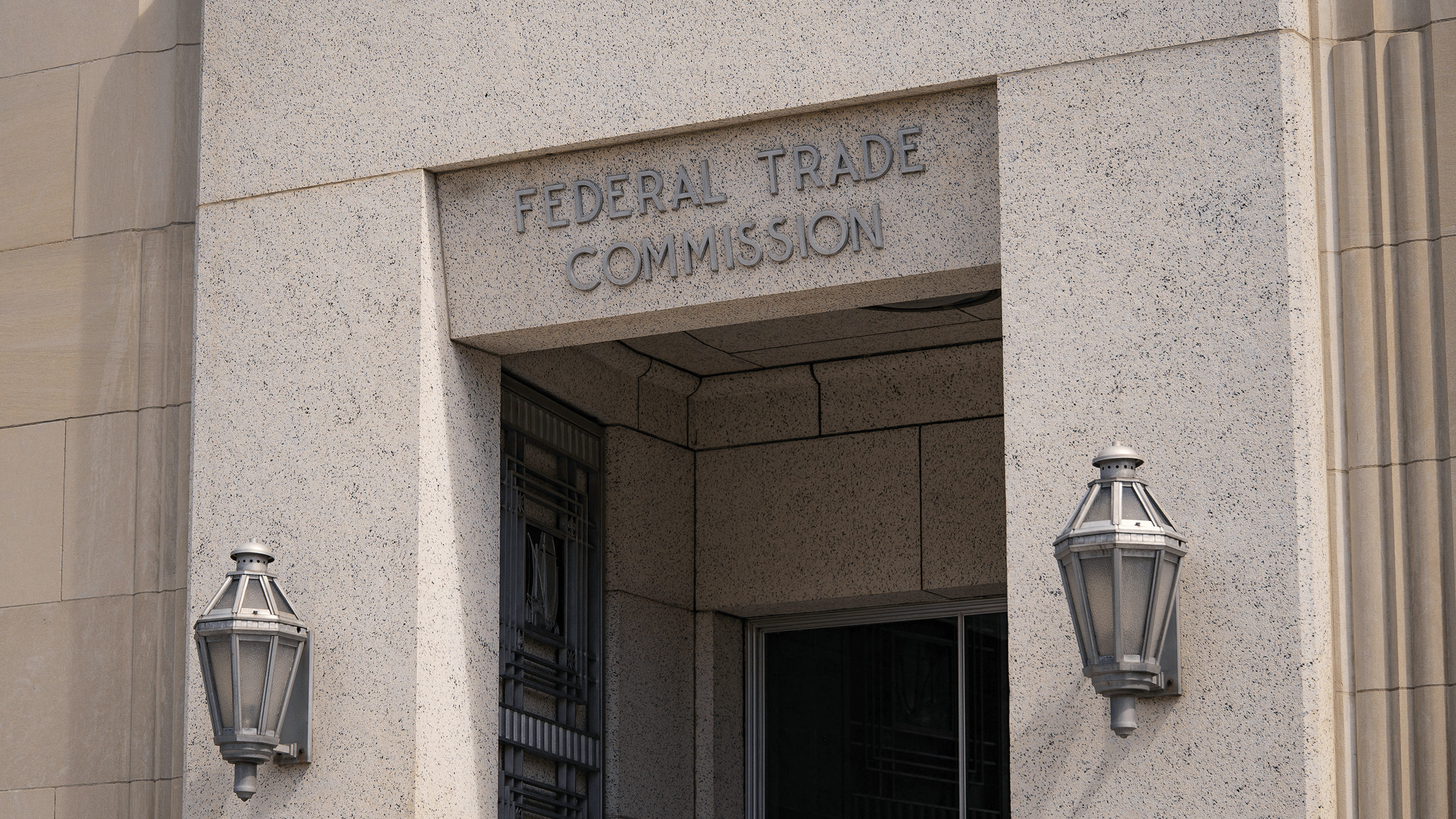A few years ago, US states began to prohibit employers (and headhunters) from acquiring a potential employee’s salary history in a move to tackle pay discrimination. Whilst not yet legally adopted worldwide, it has set in motion greater resilience from candidates in disclosing such information. Now too, the US has started an even fiercer debate on the legality of non-competes.
As headhunters, we have long debated the ethics and validity of a non-compete clause. At its best, a non-compete clause protects trade secrets, data, and intellectual property from being shared with third-party competitors. But at its worst, this contractual detail can seriously damage an executive’s career options – especially when a leader is so specialised that their professional relevance exists only within their industry, and therefore previous business’ competitive set. In these instances, a non-compete agreement can act as an incursion on a person’s ‘right to work’.
Since the beginning of this year, the debate around non-compete agreements has gathered pace, triggered by the US Federal Trade Commission’s proposed ban on such clauses. The FTC’s proposal hinges on a couple of key arguments: that non-compete clauses harm competition, and that they are being used unethically by companies.
There has been historically very low oversight of how organisations use non-compete clauses. But over the past decade or so, the number of organisations in the US including non-competes in their contracts has increased dramatically, in large part because of the ease with which they can be added to employment agreements. When once a lawyer was required to write the addition, today non-compete clauses can be downloaded from the internet and added into contracts.

Alarmingly, there has also been a sharp rise in the number of US companies using non-competes for low-wage workers. In 2016, for example, fast food chain Jimmy John’s was sued over attempts to prohibit its hourly-paid sandwich-makers from working at any other business that sold “submarine, hero-type, deli-style, pita, and/or wrapped or rolled sandwiches” within two miles of a Jimmy John’s – during their employment and for two years afterwards.
Within MBS, we’ve spent the past few weeks keeping tabs on the progression of the FTC’s proposal, and debating internally about the pros and cons of non-compete clauses.
Across the corporate sphere, non-compete agreements are put in place to protect intellectual property, trade secrets, proprietary information, and the procedures which give businesses their competitive edge. Without such clauses, there’s a risk that former employees would use the information obtained at one company to help a new employer, or else start their own business. Many employers rely on such agreements to retain clients who may otherwise follow an exiting employee.
There are also some benefits for employees. Within organisations which use non-competes, there is greater pressure to provide upskilling and training to employees, who are less able to move elsewhere to gain new skills. Non-competes can also serve to match employers with candidates looking for long-term roles.

Thinking broadly, corporates would argue that non-compete clauses inspire greater innovation across sectors, encouraging competitors to innovate and think creatively rather than relying on information from other players.
However, while designed to ensure proper competition in the market, non-competes can also have a suppressing effect on innovation, and limit the career prospects of the most skilled executives.
“While designed to ensure proper competition in the market, non-competes can also have a suppressing effect on innovation, and limit the career prospects of the most skilled executives.”
For senior leaders, non-compete agreements – especially those in which the terms are broad and the timeframe is long – can make it difficult, or even impossible, to find meaningful work elsewhere. As such, it can seriously weaken an executive’s bargaining power, so much so that many may choose not to take a job which includes a non-compete agreement.
There are also question marks around the impact that non-competes can have on competition more generally. While corporates would argue that these clauses inspire creativity in the market, the Federal Trade Commission’s proposed ban hangs on the notion that non-competes hurt business innovation, by stopping the flow of ideas and the creation of innovative startups.
Speaking on CNBC in January, Lina Khan, Chair at the FTC, noted that “sometimes we hear from founders looking to enter a market – they’re able to secure capital, able to build a factory, but they’re not able to build and scale because all the relevant talent is locked up.” Indeed, many point to California as an example of why non-competes should be banned. For decades, non-compete clauses have been rendered unenforceable in the state, which is now home to the world’s most innovative and exciting startups.
“Founders are able to secure capital, able to build a factory, but they’re not able to build and scale because all the relevant talent is locked up.” – Lina Khan, Chair, FTC
Of course, there are instances in which the use of non-competes is not only inadvisable but completely unethical. In the US, non-compete clauses govern around one in five workers – not just high-paid executives but low-wage workers such as janitors, nurses and fast-food servers. When employees have no access to trade secrets, the use of a non-compete clause does little more than unfairly tie an employee to their workplace.

It will be interesting to see the outcome of the FTC’s proposal. Given the growing pressure from corporates, the chances of real change are slim – but this story highlights the increasing scrutiny around how to guarantee true competition in the market and protect the rights of workers. Indeed, in the UK, the government is mid-way through a review of non-compete clauses. The most likely outcome will be that post-termination non-compete clauses are permissible only where the employer provides compensation during the period when the employee cannot work.
We’re also seeing a similar trend in Europe, where more and more attention is being paid to wage-fixing and no-poach agreements. Putting these sorts of clauses in place is becoming increasingly risky for European organisations, from both a reputational and financial perspective. In the last two years, for example, there have been eight legal cases against companies, compared with only three in the four-year period between 2017 and 2020.
Despite the ban in the US seeming unlikely, it is abundantly clear that non-compete malpractice is at play and needs to be regulated – certainly for lower-paid employees. At a more senior level, even if the ban is unsuccessful, boards will need to play a more active role in governing how exiting executive leaders are treated as we suspect that malicious non-compete enforcement will increasingly feature in the public domain and cause reputational damage. There are many sides to this argument – we’d love to hear yours…








